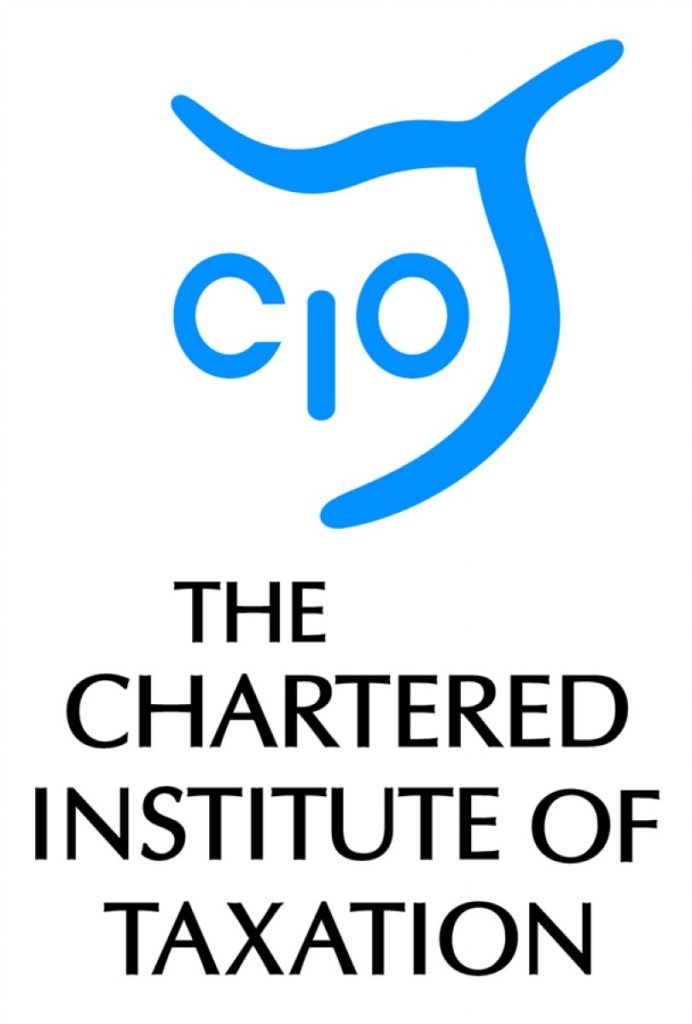CIOT: Cuts in HMRC’s budget will bear harshly on the vulnerable
Today the axe fell on the government department – HMRC – which gets in most of the money for the public sector.
John Andrews OBE, Chairman of the Low Incomes Tax Reform Group, said it was ‘a difficult balancing act for any government to make cuts in HMRC without killing the goose that is gathering in the golden eggs’.
The Chancellor said in Parliament today that one of his priorities was the protection of the vulnerable. Yet, the cuts to HMRC’s budget could mean the end of services which the more vulnerable of HMRC’s customers can scarcely afford to do without.
They could also mean reduced training, an increase to the centralisation of functions reliant on computerisation and more ‘one size fits all’ approaches (which are usually disadvantageous to the vulnerable).
We also expect the inevitable job losses to be at the ‘helping the public’ end of the spectrum rather than the ‘chasing the cheats’ roles.
John Andrews added:
‘As we said earlier today, we believe that the linking of error and fraud is unhelpful and will inevitably portray vulnerable people who make errors as blameworthy. Setting over-optimistic targets may put the unrepresented at a disadvantage if they are not aware of either the law or their rights.’
‘Until we see the more detailed plan which we are promised in the next few weeks, the jury is out.’
ENDS
Notes to editors:
The Low Incomes Tax Reform Group (LITRG) is an initiative of the Chartered Institute of Taxation to give a voice to the unrepresented taxpayer and tax credit claimant.
The Chartered Institute of Taxation (CIOT) is a charity and the leading professional body in the United Kingdom concerned solely with taxation. The CIOT’s primary purpose is to promote education and study of the administration and practice of taxation. One of the key aims is to achieve a better, more efficient, tax system for all affected by it – taxpayers, advisers and the authorities.
The CIOT’s comments and recommendations on tax issues are made solely in order to achieve its primary purpose: it is politically neutral in its work. The CIOT will seek to draw on its members’ experience in private practice, government, commerce and industry and academia to argue and explain how public policy objectives (to the extent that these are clearly stated or can be discerned) can most effectively be achieved.
The Chartered Institute of Taxation
Registered charity number 1037771
www.tax.org.uk
Artillery House
11-19 Artillery Row
London
SW1P 1RT
The views expressed in this email are the views of the writer, not necessarily those of the CIOT





-01.png)